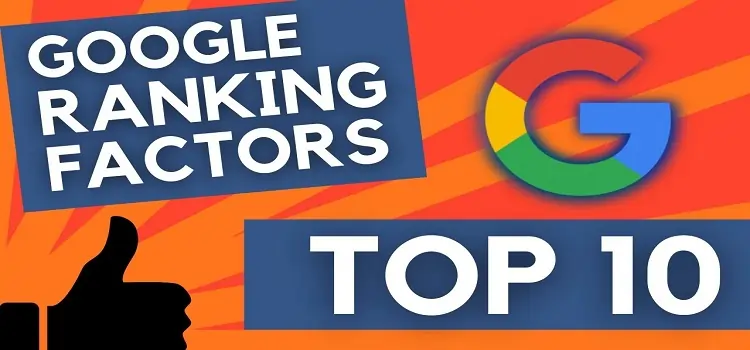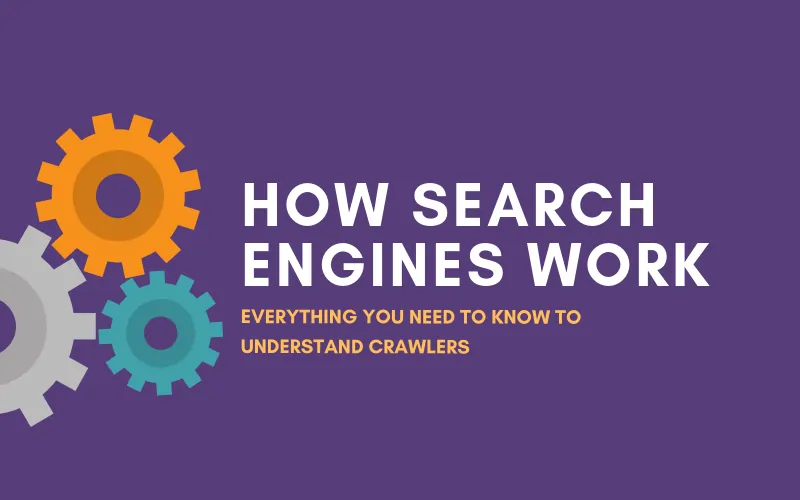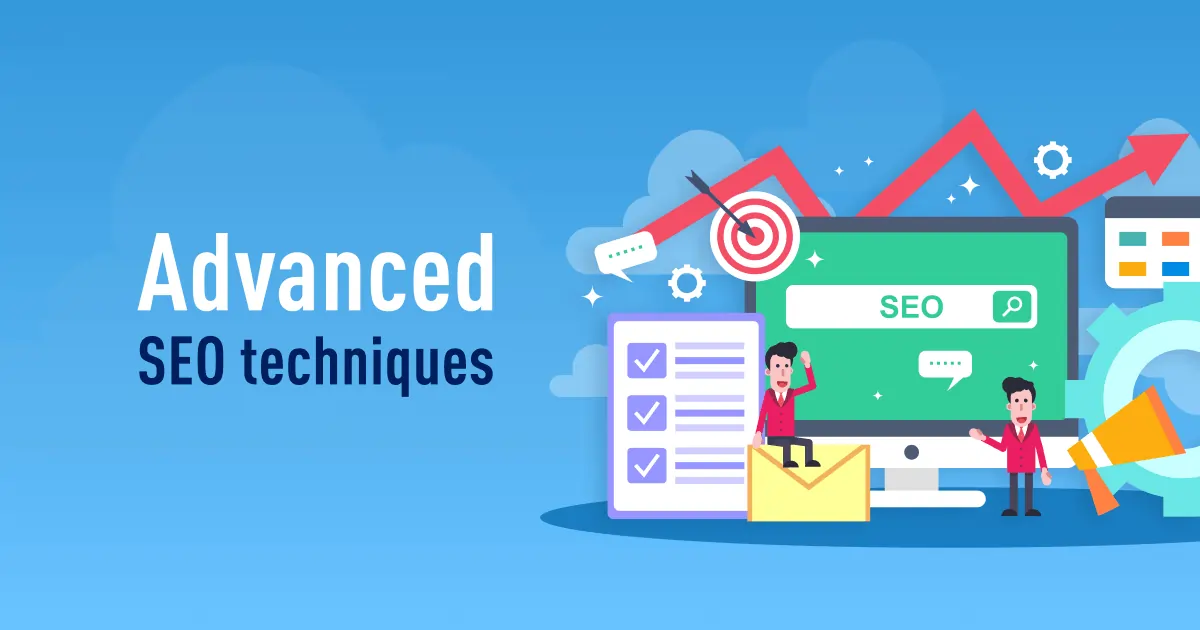The Top 10 Google Ranking Factors: A Comprehensive Guide

The Top 10 Google Ranking Factors:
A Comprehensive Guide
Welcome to our comprehensive guide on the top 10 Google ranking factors that influence your website’s performance in search results. As SEO experts, we understand the importance of these factors in helping your site achieve better visibility and higher rankings on Google. In this article, we will dive deep into each of the top 10 ranking factors and provide you with actionable insights to improve your website’s search engine optimization.
Content Relevance – The Bedrock of SEO
Crafting High-Quality and Relevant Content
At the core of any successful website lies content that is not only well-written but also relevant to users’ search queries. Google’s algorithms highly value content that directly addresses user intent. To improve your website’s ranking, focus on producing high-quality, informative, and valuable content that matches the keywords your target audience is searching for.
Utilizing LSI Keywords to Enhance Content
Latent Semantic Indexing (LSI) keywords play a crucial role in optimizing your content. LSI keywords are terms related to your main keyword and help search engines understand the context of your content better. By incorporating semantically related keywords throughout your content, you signal to Google that your page is comprehensive and relevant to a particular topic.
Backlinks – Building Authority and Trust
Earning High-Quality Backlinks
Backlinks, or inbound links, are a significant ranking factor. They demonstrate to search engines that other websites trust your content and consider it valuable enough to link to. Focus on acquiring high-quality backlinks from reputable and authoritative websites related to your niche. Quality outweighs quantity when it comes to backlinks.
The Role of Anchor Text in Backlinks
The anchor text of a backlink provides contextual information about the linked page. It is essential to use descriptive and relevant anchor text that accurately reflects the content of the landing page. Diverse anchor texts help establish your site as a credible source, while excessive exact-match anchor texts may trigger Google’s spam filters.
Page Loading Speed – The Need for Speed
A slow-loading website can significantly impact user experience and lead to higher bounce rates. Google considers page loading speed as a ranking factor, so it’s crucial to optimize your site’s performance. Minimize image sizes, enable browser caching, and leverage content delivery networks (CDNs) to enhance your page loading speed.
The Mobile-First Paradigm
In today’s mobile-centric world, a mobile-first approach is imperative. Google prioritizes mobile-friendly websites and uses mobile versions for ranking and indexing. Ensure your website is responsive, providing a seamless experience across various devices.
Mobile User Experience – On-the-Go Optimization
Mobile Responsiveness and User Experience
It also includes the overall mobile user experience. Create a seamless and user-friendly interface for mobile users, making navigation and content consumption easy and enjoyable.
Mobile-Friendly Popups and Interstitials
Avoid intrusive popups and interstitials that hinder users’ access to your content on mobile devices. Google penalizes sites that use interstitials that cover the main content or appear unexpectedly while users are navigating the page.
User Intent – Satisfying Search Queries
Understanding User Intent
Google aims to provide users with the most relevant search results based on their intent. Analyze the search intent behind specific keywords and align your content to match these intentions accurately. This approach ensures your website addresses users’ needs effectively.
The Role of Featured Snippets
Featured snippets are concise answers that appear directly in search results. To increase the chances of earning a featured snippet, structure your content to provide clear and concise answers to commonly asked questions related to your topic.
User Experience – Navigating with Ease
Website Navigation and Structure
A well-organized website with clear navigation enhances user experience. Create a logical site structure, use descriptive categories, and incorporate internal linking to guide users to relevant content easily.
Minimizing Intrusive Ads
While ads can be a source of revenue, intrusive ads that disrupt the user experience can negatively impact your rankings. Ensure ads do not obstruct access to your content or interfere with site navigation.
Domain Authority – Building Trust
Establishing Domain Authority
Domain authority reflects the credibility and trustworthiness of your website. Work on building your domain authority by consistently producing high-quality content, earning backlinks from authoritative sources, and ensuring a positive user experience.
The Power of Evergreen Content
Evergreen content, which remains relevant over time, contributes to your domain’s authority. Invest in creating evergreen pieces that continue to attract visitors and backlinks long after their initial publication.
Page Authority – Optimizing Individual Pages
Enhancing Page Authority
Each page on your website has its own authority, affecting its ability to rank in search results. Focus on optimizing individual pages through comprehensive and in-depth content that satisfies users’ search intent.
Internal Linking for Page Authority
Utilize internal linking to distribute authority among pages. Linking relevant pages together can boost the page authority of the target page and improve its chances of ranking higher in search results.
Secure Website – Prioritizing User Safety
The Importance of HTTPS
Securing your website with HTTPS (Hypertext Transfer Protocol Secure) is crucial for both user safety and SEO. Google prioritizes secure websites, and using HTTPS can positively impact your rankings.
SSL Certificate and User Trust
Having an SSL certificate adds an extra layer of security, assuring users that their data is encrypted and safe. This trust factor encourages users to engage more with your website.
Dwell Time – Keeping Users Engaged
Captivating Content for Increased Dwell Time
Dwell time refers to the amount of time a user spends on your website after clicking through from the search results. Engaging and captivating content leads to longer dwell times, indicating to Google that your website is valuable and relevant.
Reducing Bounce Rate
A high bounce rate signals to Google that users are not finding what they need on your site. To reduce bounce rates, focus on providing a positive user experience and aligning your content with user intent.
Conclusion
In conclusion, mastering the top 10 Google ranking factors is vital to improve your website’s visibility and search engine rankings. Crafting relevant and valuable content, earning high-quality backlinks, optimizing page loading speed and mobile user experience, understanding user intent, and enhancing domain and page authority are all key components of a successful SEO strategy. By implementing these factors, you can outrank your competitors and establish a strong online presence.
FAQs
Q1: How can I improve my website’s content relevance?
To improve content relevance, conduct keyword research and focus on addressing users’ search intent with comprehensive and valuable information.
Q2: What are LSI keywords, and why are they important?
LSI keywords are semantically related terms that enhance content relevance and help search engines understand the context of your content better.
Q3: How can I earn high-quality backlinks?
Create exceptional content that other websites naturally want to link to, and engage in outreach to relevant and authoritative websites.
Q4: Does mobile responsiveness affect SEO?
Yes, mobile responsiveness is a crucial ranking factor, as Google prioritizes mobile-friendly websites for both indexing and ranking.
Q5: How can I optimize my page loading speed?
Optimize your page loading speed by compressing images, enabling browser caching, and using content delivery networks (CDNs).
Q6: What is user intent, and why is it essential for SEO?
User intent refers to the purpose behind a search query. Understanding and addressing user intent helps improve content relevance and user satisfaction.









